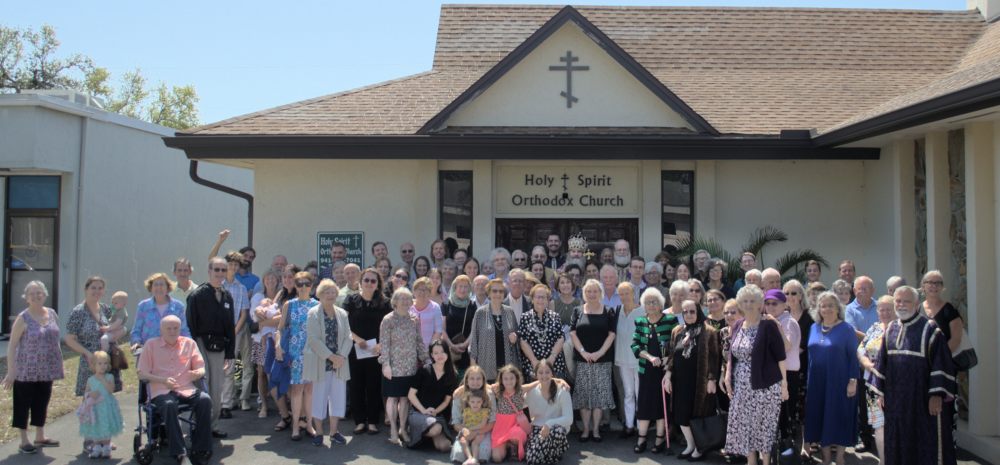
Category Archives: Celebrations
Theophany Home Blessings
Featured
Theophany House Blessings
During the days following the Feast of the Theophany (January 6th), it is customary for the Priest to visit the homes of his parishioners, bringing with him the “Jordan Water” for the traditional Theophany House Blessing. All who reside in the household should make every effort to be present for the Blessing.
In anticipation a lampada, or candle should be prepared with an icon. Upon the arrival of the Priest, he is to be greeted by all of the family members, each of whom asks the Priest’s blessing and reverences his right hand. Then a family member lights the lampada (or candle) and turns off all televisions, radios, etc. in the home. Lights should be turned on in all the rooms of the house that are to be blessed. Then the entire family gathers with the Priest before the icon corner (or table) to begin the Theophany House Blessing. All areas of the home will be blessed, messy or not. We bless the mess too. All pets included. And cars.
This is a great way to begin the new year with the cleansing of the home with holy water.
Holy water is always available at the back of the nave for use all year. Drinking everyday is recommended, or at least when feeling ill.
New Member on Pentecost Sunday
Featured







Christ is Risen! Indeed, He is Risen!






 ist I
ist I
Baptism
Featured





